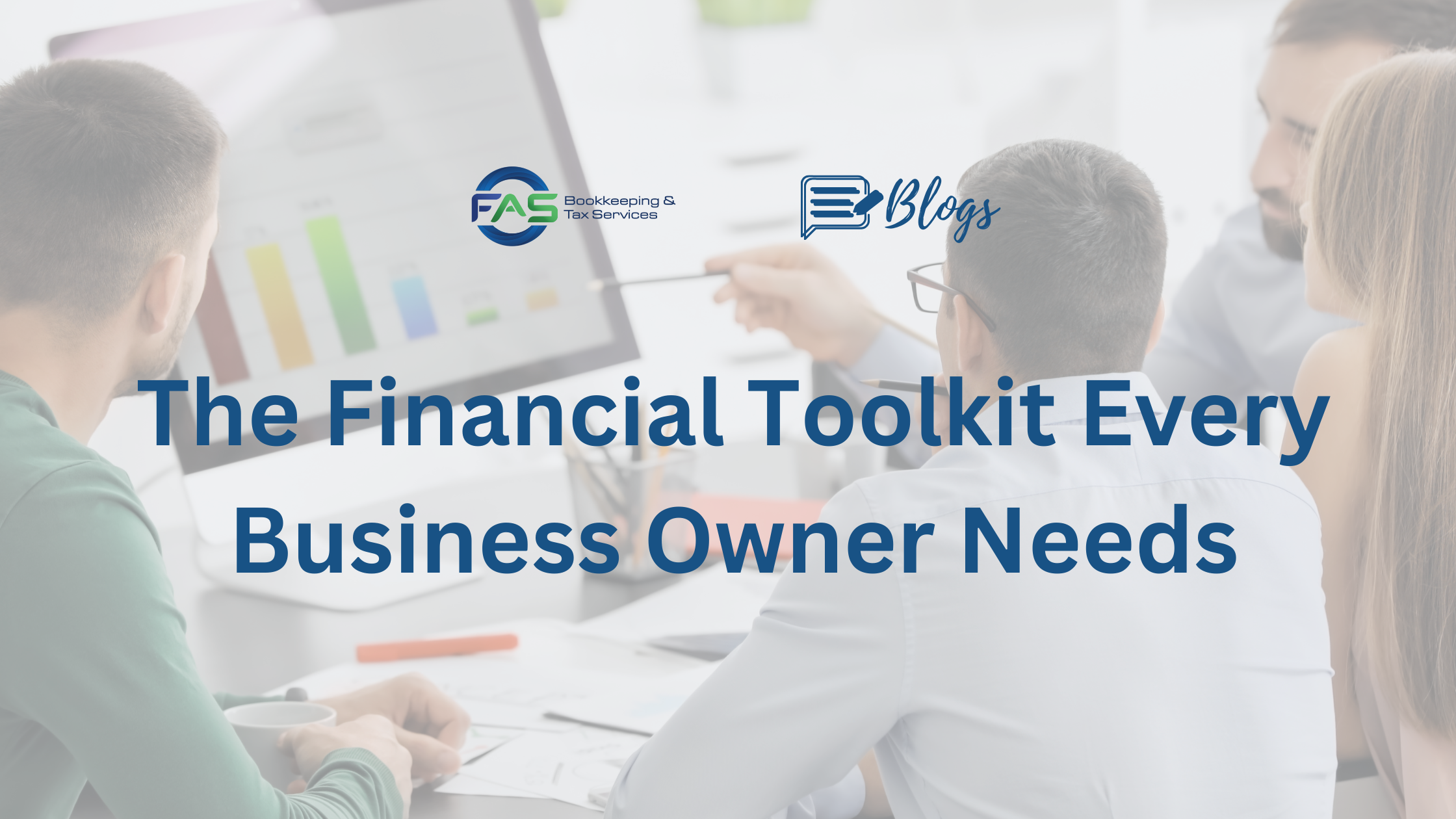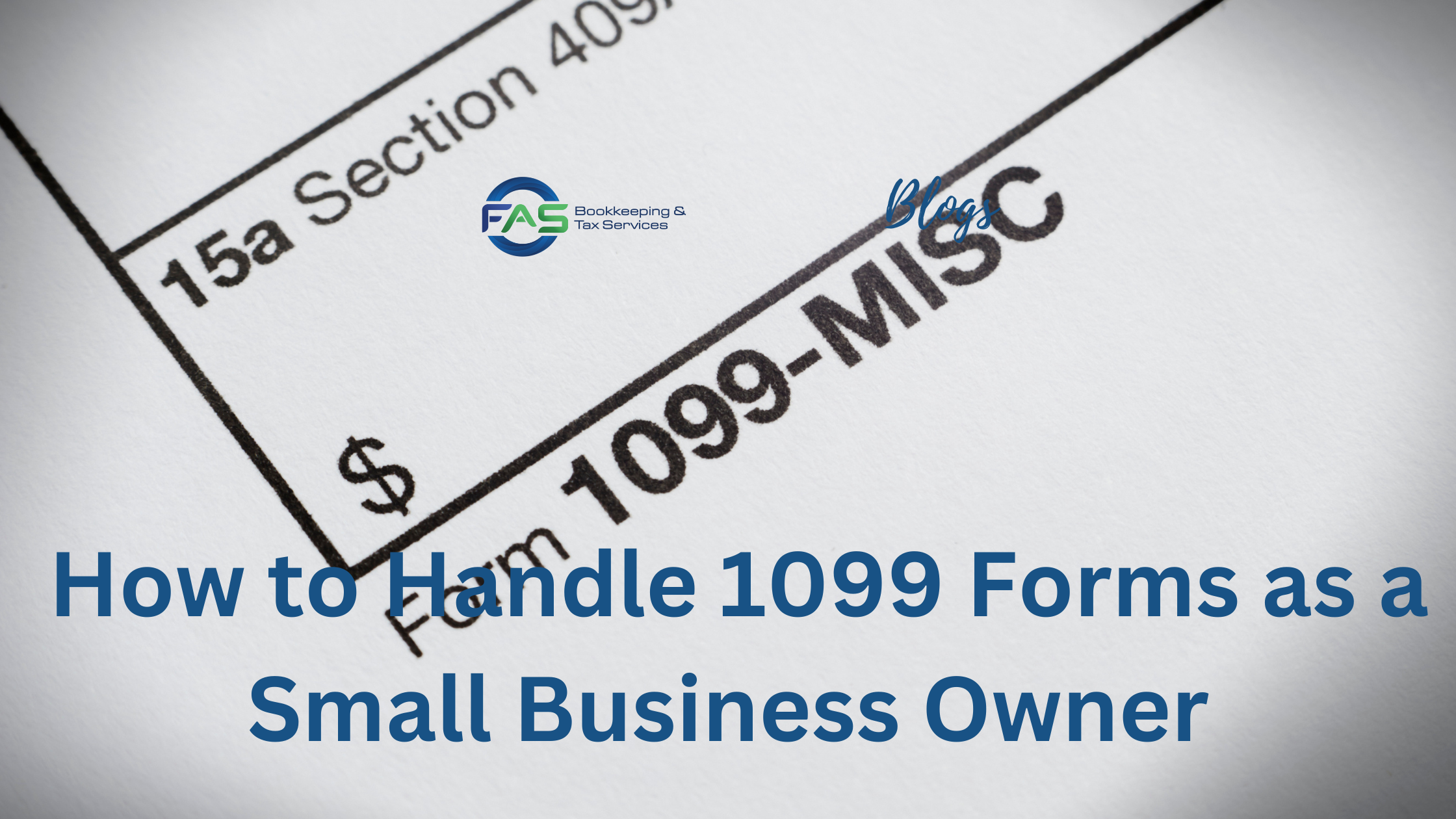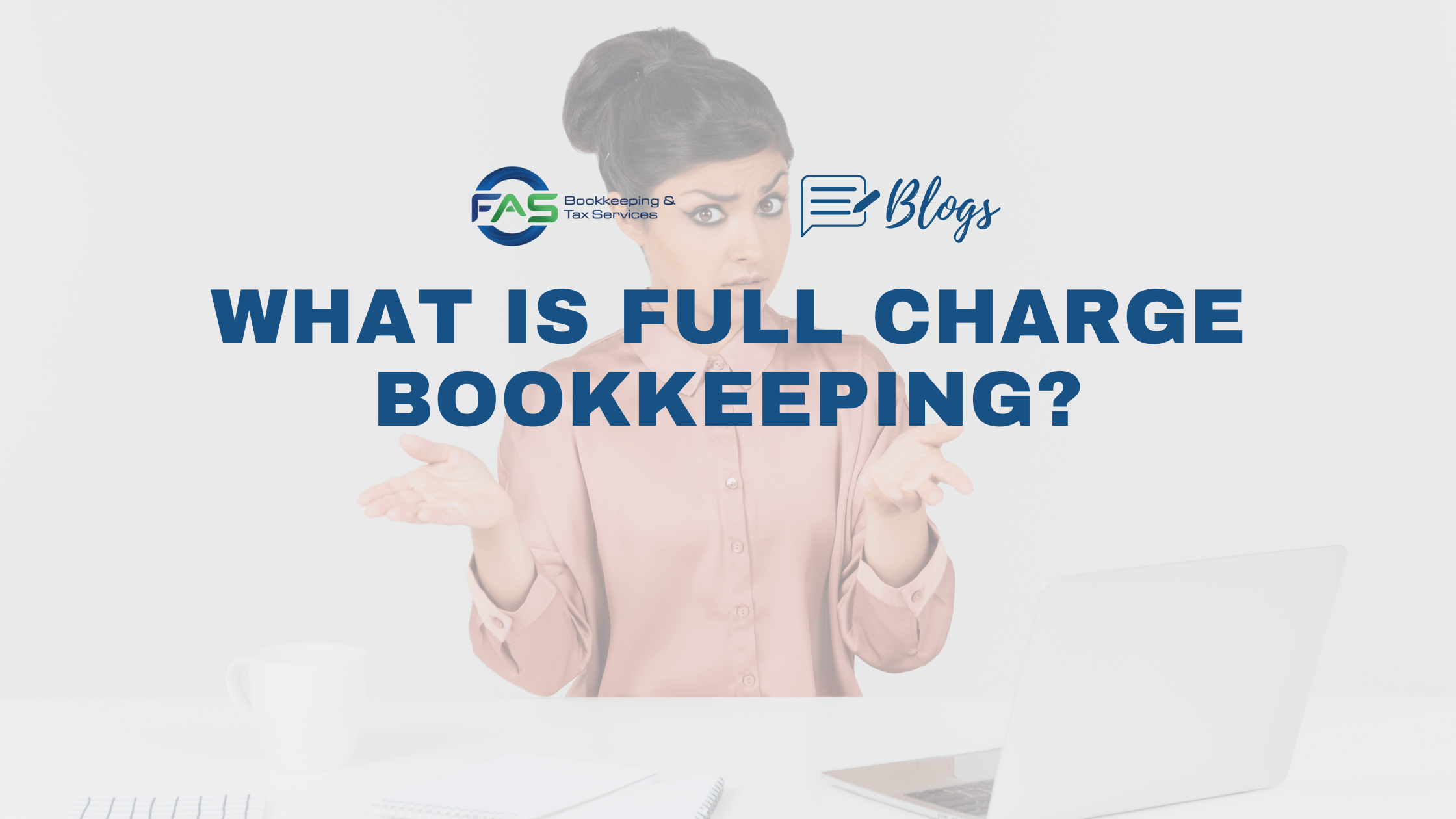 What exactly is Full Charge Bookkeeping?
What exactly is Full Charge Bookkeeping?
Sometimes, your business needs more than a bookkeeper to help manage your finances. If you’re growing and need someone who can take charge of your financials—and take responsibility for them—it might be time to hire what’s known as a full charge bookkeeper. So what is full charge bookkeeping?
Full charge bookkeeping is just like regular bookkeeping, but with more experience and expertise in play. They do all the things a bookkeeper does, such as reconcile accounts and prepare monthly statements, but they also do additional, more complex duties like tax returns and balance ledgers.
Typically, full charge bookkeepers are employed at smaller companies that don’t need the expertise of someone like a Financial Controller or CPA. They’re ideal for businesses that are growing, but not yet ready to employ someone so specialized.
Responsibilities of Full Charge Bookkeepers
Here are the responsibilities of Full Charge Bookkeepers that will help you grow your business further:
 Handles your Banking
Handles your Banking
Full Charge Bookkeepers do what it says on the tin. They’re responsible for the bookkeeping process from start to finish. This means that they reconcile your monthly bank statements, oversee all bank deposits, check your petty cash accounts, ensure that credit card accounts are reconciled, and keep track of your lines of credit, among other things.
For example, say you have a business that sells computers online. A Full Charge Bookkeeper will make sure that all checks and cash you receive every day are deposited in the bank on time and that you get receipts for these deposits. A Full Charge Bookkeeper will also make sure that when you buy parts or materials for your computers, there’s enough money in your petty cash account to pay for them. Then they’ll take care of any invoices those transactions generate so that they’re paid on time! Full Charge Bookkeepers can even help you manage invoice factoring and accounts payable to help maintain your cash position.
In short: a Full Charge Bookkeeper will handle everything related to finance with precision and efficiency!
General Ledger Adjustments
A full charge bookkeeper’s responsibilities depend on the size and needs of the business, but they usually include preparing and entering journal entries for fixed assets and depreciation. Full charge bookkeepers also run a trial balance at the end of each month to ensure that your general ledger accounts are in balance. During this process, they may also adjust journal entries to correct any discrepancies they find.
 Prepare Tax Returns
Prepare Tax Returns
When you hire a full charge bookkeeper for your business, you’re hiring someone who can manage your entire accounting process. This includes preparing monthly, quarterly, and yearly financial statements. They can also help with payroll management and processing.
Unlike a CPA, full charge bookkeepers are not licensed to provide tax advice or do your annual taxes. However, they can prepare all the forms needed to report your income and payroll on a monthly and quarterly basis.
This means that when it’s time to file your taxes, everything will be in order. Your CPA only has to review everything and give you any advice you need before submitting the forms to the government.
This results in a significant reduction in the amount of time your CPA needs to spend working on your taxes, which translates into significant savings for you.
One other bonus of hiring a full charge bookkeeper is if they’re an Enrolled Agent (EA). An EA is someone who has passed a difficult exam given by the IRS that qualifies them as a tax expert. They are able to advise you and handle your taxes for you without having to go through a CPA.
Payroll and Timesheet processing
If you’re working with a full charge bookkeeper, one of the perks is that you may have access to payroll services. A full charge bookkeeper will handle the process themselves, or they might supervise a payroll specialist who does the work. In this scenario, your FCB should be managing the relationship with the specialist on your behalf.
When it comes to payroll, there are two main options. You can outsource your payroll to a third party, or you can handle it in-house. Either way, if you use a full charge bookkeeper, they will manage your payroll processing (or oversee someone who manages it).
Create Financial Reports
You need to know what’s happening with your business from a financial perspective. But it’s not enough to just have your bookkeeper produce standard financial statements: you need information that helps you make decisions about the future of your business. Full Charge Bookkeepers’ financial planning and budget forecasting services will help you do just that: plan for the future, and forecast where your business is going.
Hiring a Full Charge Bookkeeper
You have a lot on your plate; why add more?
When you’re running a business, you have plenty to think about without having to worry about things like complex financial tasks, preparing management reports, processing payroll, or taking a trial balance. We get it!
At FAS Bookkeeping and Tax Services, we can help. Our full charge bookkeeper can handle all of these tasks for you. Plus, when you need your accountant’s expertise for auditing or tax purposes, we’ve got that covered too. Our team has the experience and the skillset to provide you with the quality financial service you need—without any of the hassle.








